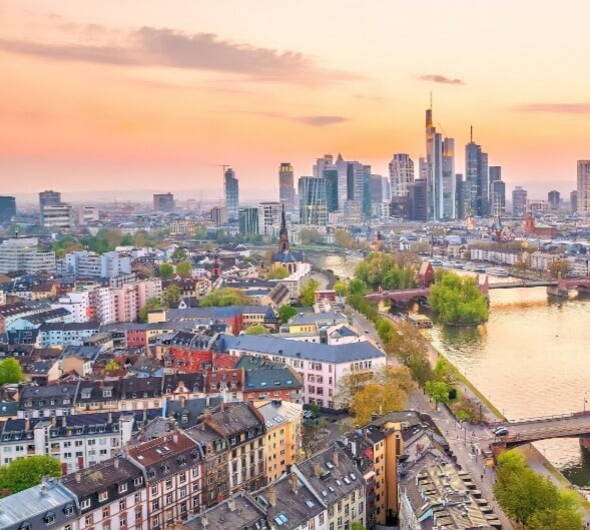Europe is the second smallest continent in the world, with a population of approximately 742.5 million (2013 estimate). Spanning over an area of about 10,180,000 square kilometres, the continent comprises of 50 fully recognised sovereign states, 6 countries with limited recognition and 5 dependent territories.
Following radical social, economic and cultural changes during Renaissance, Europe has continued to play a prominent role in key global affairs. It is recognised as the birthplace of Western civilisation, primarily originating from the Ancient Greece and the Ancient Rome. The culture of Europe can be seen as a series of overlapping cultures, owing to the diverse historical background of different countries; however, there exist cultural similarities rooted in art, architecture, music, literature, and philosophy.
Europe is the wealthiest continent in the world, with remarkably high GDP and HDI. Europe’s financial services sector is a major driver of the economy, providing €731 billion, or 5.9%, of the total GVA. It boasts a rich historical tradition of banking, dating back to the fourteenth century when the first banks were established in Europe. Ever since, the banking industry has gone through remarkable changes and diversification, with significant developments in the eighteenth and nineteenth century. The finance sector offers a range of services, including
trust and funds, stock exchange, investment, insurance, export credit, private and commercial banking and wealth management.
Europe’s legal sector has a well-earned reputation for its fairness, transparency, integrity and professionalism, with the UK providing the largest market for legal services in Europe.
The diversified financial sector, along with stringent regulation, robust infrastructure and advanced economy, makes Europe a highly attractive destination for professionals and investors all around the world.




